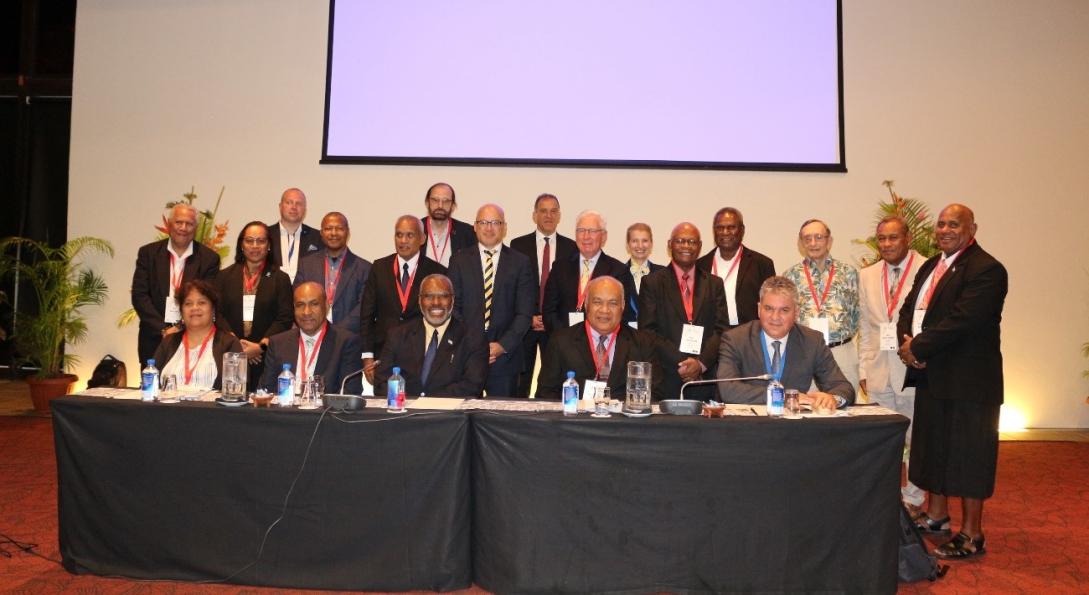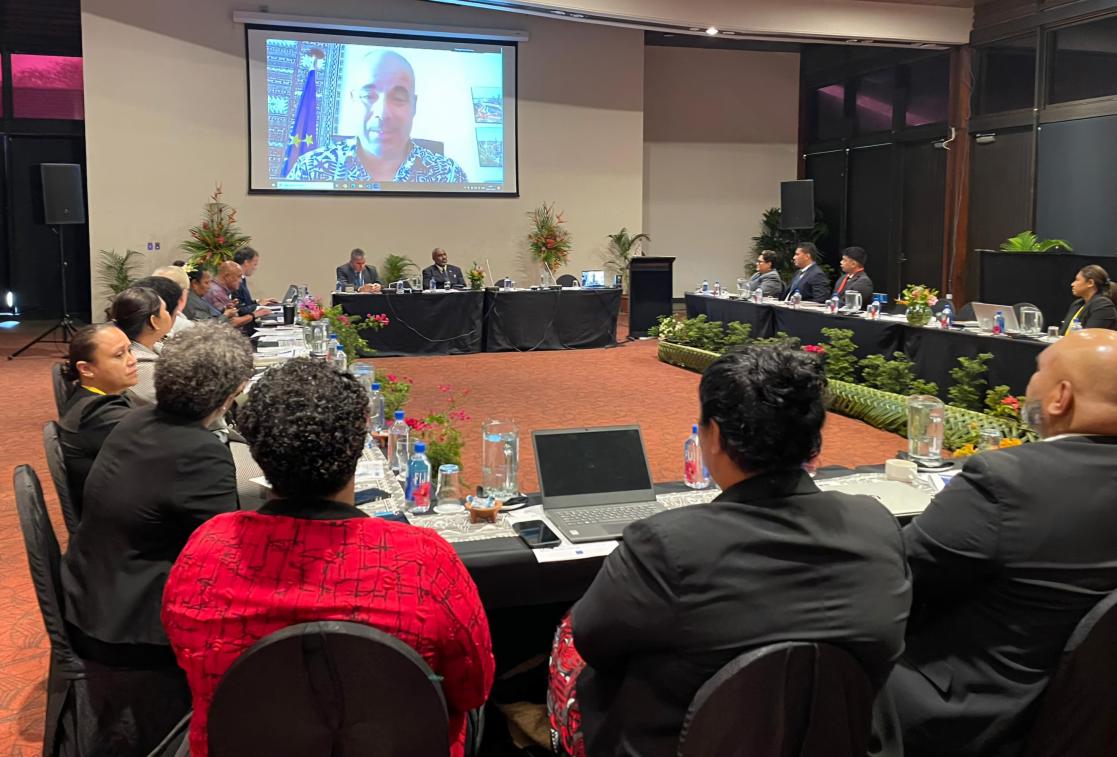Pacific Region Judiciaries Address Training Needs on Cybercrime and Electronic Evidence

The event is organised by the Supreme Court of Fiji, in partnership with the Delegation of the European Union for the Pacific, the European Commission through its TAIEX instrument, the Council of Europe Cybercrime Programme Office, through the GLACY-e and Octopusprojects and the Papua New Guinea Centre for Judicial Excellence.
The workshop aims to increase participants’ knowledge of international legal standards and best practices on adjudicating cybercrime cases and the admissibility of electronic evidence in courts. It will serve as an occasion for the representatives of the judiciary and prosecution services to discuss and identify sustainable judicial training programmes on cybercrime and electronic evidence.
In his opening remark, the Honourable Minister for Justice Mr Siromi Turaga said, “Fiji and the Pacific are not immune to the evolving nature of crime and criminal enterprise, a reality that is increasingly evident in the digital era. Crime that once impacted our everyday lives locally have now shifted into the cyberspace, creating challenges on a global scale
“This program presents a great opportunity to share our legal experiences, challenges and opportunities as individual nations. The transnational nature of cybercrime makes it critically important that we enhance our regional and international cooperation. This week’s interactions have the potential to not only strengthen your national but also our regional capacity,” said the Hon. Minister.
The Acting Chief Justice, Honourable Salesi Temo said “this workshop is a great opportunity for the Chief Justices and the DPPs from Pacific Region to share the challenges from their jurisdictions and to learn how both judges and prosecutors can prosecute and adjudicate cybercrime cases and hopefully in the future the same opportunity can be extended to the lawyers of the Legal Aid Commission and Fiji Law Society.”

Government of Fiji
In his welcoming address, the European Union Deputy Head of Delegation, Mr. Nereo Peñalver Garcia said: “The European Union has a know-how in non-traditional security domains such as cybersecurity, the fight against disinformation and foreign interference or in the maritime domain, and it is willing to build close cooperation on these areas with its partners. One of the priorities of the European Union in the Indo-Pacific region is to foster cooperation for a safe and secure digital space. By leveraging tools from the Budapest Convention on Cybercrime, we aim to build our partners’ capacity to address cybercrime effectively. This regional workshop is, therefore, an important contribution to advance best practices in handing cybercrime and electronic evidence in courts.”
END
